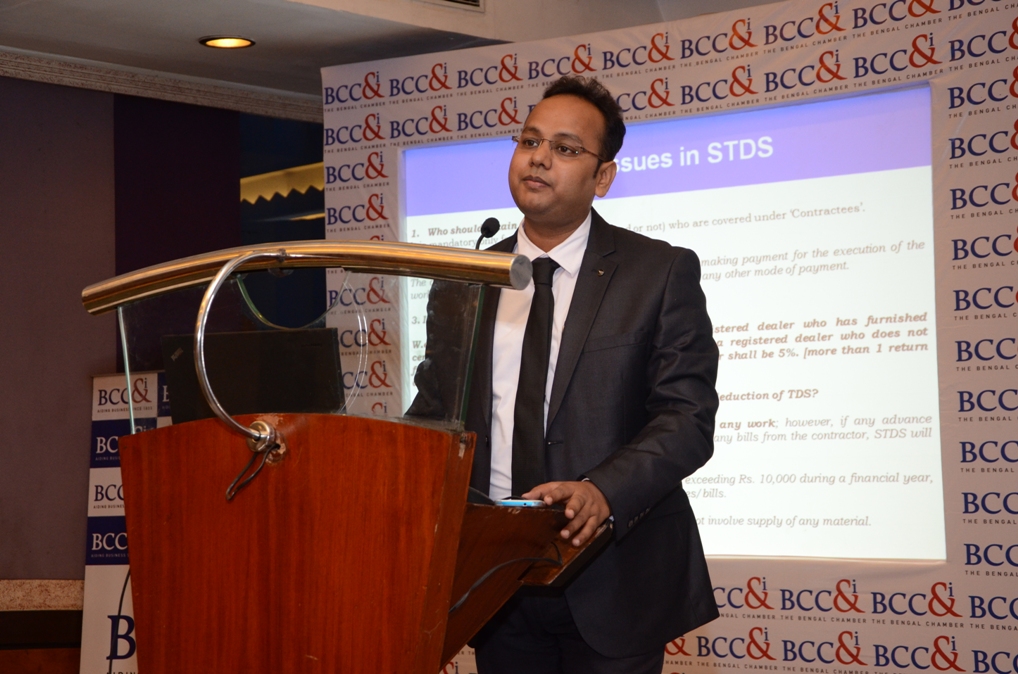Case Law Details
Case Name : Brinks India Private Limited Vs DCIT (ITAT Mumbai)
Related Assessment Year : 2014-15
Courts :
All ITAT ITAT Mumbai
Become a Premium member to Download.
If you are already a Premium member, Login here to access.
Sponsored
Brinks India Private Limited Vs DCIT (ITAT Mumbai)
Section 92C(1) of the Act, contemplates that the arms length price in relation to an international transaction shall be determined by comparable uncontrolled price method; resale price method; cost plus method; profit split method; transactional net margin method or such other method as may be prescribed by the Board. Hence, the TPO is bound to determine the ALP by following one of the prescribed methods. Any ad-hoc determination of arms length price by the Ld TPO u/s section 92 de-hors section 92C(1) o
Please become a Premium member. If you are already a Premium member, login here to access the full content.
Sponsored
Kindly Refer to
Privacy Policy &
Complete Terms of Use and Disclaimer.





